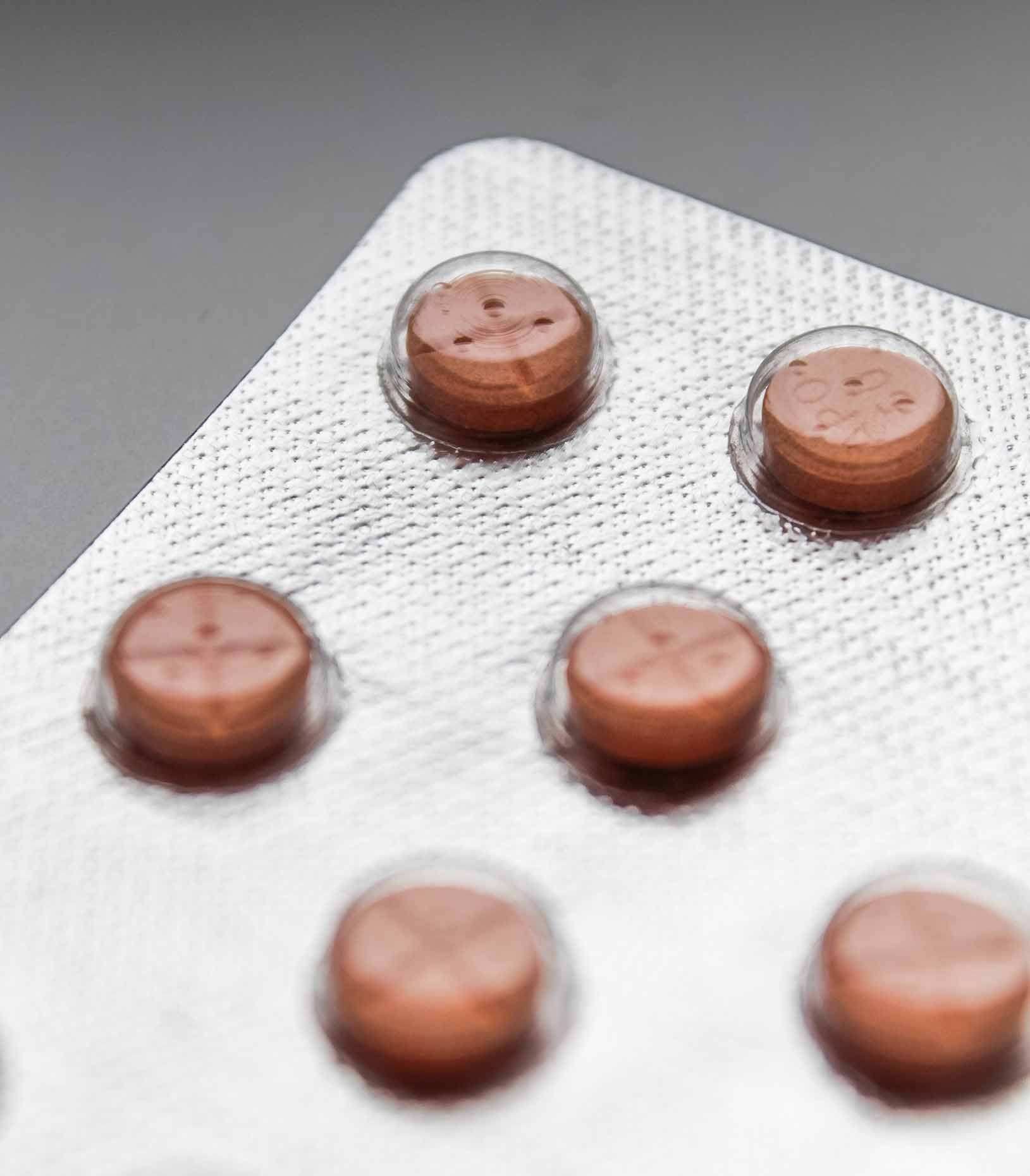Jensen Beach Pharmacy Error Lawyers

When you pick up a prescription from the pharmacy, it's reasonable to assume the drug and dosage you receive are the same drug and dosage that the doctor prescribed. After all, pharmacists have a duty of care to fill every prescription accurately.
Unfortunately, that does not necessarily mean they do. In fact, medication mistakes occur far more often than most patients realize.
If your pharmacist was negligent and you suffered damages as a result, you have the right to pursue compensation. Before you can recover a single dollar, though, you must prove that a breach of duty actually occurred.
Since gathering evidence of negligence can be both challenging and tedious, it is wise to turn to a professional for help. This will allow you to focus on your health while the claim proceeds in good hands. To discuss your case with a strategic pharmacy error lawyer, contact Donaldson & Weston.
Hiring our law firm will send a message to the opposing party that you are taking your case seriously and you expect to be treated fairly. Call 772-266-5555 to schedule a free case evaluation with a medication error attorney in Jensen Beach.
Unfortunately, that does not necessarily mean they do. In fact, medication mistakes occur far more often than most patients realize.
If your pharmacist was negligent and you suffered damages as a result, you have the right to pursue compensation. Before you can recover a single dollar, though, you must prove that a breach of duty actually occurred.
Since gathering evidence of negligence can be both challenging and tedious, it is wise to turn to a professional for help. This will allow you to focus on your health while the claim proceeds in good hands. To discuss your case with a strategic pharmacy error lawyer, contact Donaldson & Weston.
Hiring our law firm will send a message to the opposing party that you are taking your case seriously and you expect to be treated fairly. Call 772-266-5555 to schedule a free case evaluation with a medication error attorney in Jensen Beach.
Important Evidence to Prove a Pharmacy Error Claim
Proving that a healthcare provider or facility is liable for a medication mistake can typically be done in two steps. The first is determining why the error occurred, and the second is gathering evidence to confirm your findings.
For example, if you think inexperienced or poorly trained technicians are to blame, you can prove liability by reviewing the pharmacy's hiring protocols and training requirements. In cases involving understaffed pharmacies that fail to implement redundant safety measures, on the other hand, a facility's scheduling system and standard operating procedures may prove liability.
Other common causes of medication mistakes include:
Naturally, the strongest evidence of liability will depend on the circumstances of the case. As the above list indicates, all kinds of scenarios can result in pharmacy errors, making every claim different.
In general, though, there are certain types of proof that can contribute to the strength of most cases. Examples include:
For example, if you think inexperienced or poorly trained technicians are to blame, you can prove liability by reviewing the pharmacy's hiring protocols and training requirements. In cases involving understaffed pharmacies that fail to implement redundant safety measures, on the other hand, a facility's scheduling system and standard operating procedures may prove liability.
Other common causes of medication mistakes include:
- Miscommunications among pharmacy staff;
- Misinterpreting prescription details;
- Filling multiple prescriptions at the same time;
- Mislabeling medication; and
- Storing drugs improperly.
Naturally, the strongest evidence of liability will depend on the circumstances of the case. As the above list indicates, all kinds of scenarios can result in pharmacy errors, making every claim different.
In general, though, there are certain types of proof that can contribute to the strength of most cases. Examples include:
- Testimony from the prescribing doctor;
- The actual prescription;
- The medication that the patient received;
- Testimony from employees or customers who witnessed the prescription being filled;
- Surveillance footage of the facility;
- The pharmacy's labeling and storing procedures; and
- The pharmacy's confirmation and counseling protocols when physically dispensing medication to a patient.
